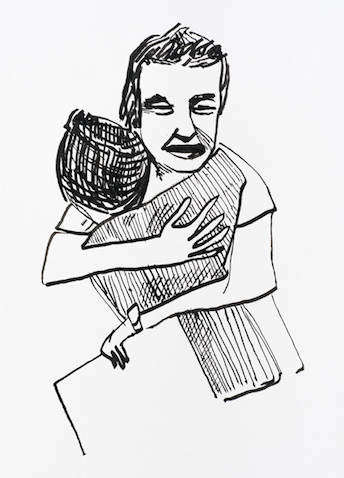Attendance
Practicing attendance is a sure way to enhance our relationships. I learned about attendance in the context of working with children and believe it also applies to our relationships as adults. It dovetails with the principles of mindfulness.
Attendance means “showing up” and actively experiencing an event in the presence of others. We direct our attention outward and exhibit a high degree of mirroring and reciprocation. We recognize verbal and nonverbal cues.
What does attendance look like?
While watching a child’s actions during a board game, a parent can make comments specific to their child’s behavior. Rather than evaluating performance, judging, or being critical, this demonstrates being present while trying to understand the child's experience. “Oh, that was upsetting when you lost that round!”
A quick guide to attendance:
1.) Attendance is active, mindful, engagement. Be present. Try to be aware of facial expressions, reactions, and lived experience in that moment.
2.) Set aside time to be fully present. Consider ways to carve out time that is open and non-objective. Part of attendance is making intentional time to experience someone else, like setting aside a time to read a story, play a game, or have someone describe what they’re reading or watching. This goes for children and adults. We may think that attendance is only for children, but it is for everyone.
3.) Learn to play and improvise. Whether you are ten, or one-hundred years old, playing is imperative! For adults, attendance with others can be as simple as someone showing a friend how to make soup.
4.) Be mindful of interruptions. This includes turning off your phone, computer, and TV, and not feeding worries or distracting thoughts.
5) Don’t be afraid to show someone you see them. Comment on what you see. For example, if a child chooses a purple crayon, comment, "Looks like you picked out the purple to color the triangle!" Although this seems redundant or even self-explanatory, we often have poor attendance around those people we love, in part because were so used to seeing them. And in knowing that, it is our job to create a novel experience, even if we’ve done it one-hundred times before!

